ISLAMABAD: Former prime minister Imran Khan on Wednesday informed the Supreme Court, which is hearing a contempt plea against him, that any “misconception” on his part was entirely “inadvertent” and caused by the circumstances in which the verbal order passed by the court on the evening of May 25 and “understood” by TV channels, was communicated to him by political workers.
The PTI chairman also requested the court to close the case initiated against him by the federal government for supposedly reneging on the categorical assurances he had extended in relation to the May 25 Azadi March events.
At the same time, he denied that reports furnished by law enforcement agencies, including ISI, IB and capital police, had established that he had intentionally or wilfully disobeyed, disregarded or flouted the court’s directions.
He said those reports also claimed that the court had passed verbal orders at 6:05pm on May 25, the contents of which were not and could not have been directly communicated to him by his counsel Babar Awan or Faisal Fareed.
In fresh response to govt’s contempt petition, PTI chief asks court to close the case
Mr Khan said the written order was made available to him the next day.
Headed by Chief Justice of Pakistan Umar Ata Bandial, a five-judge Supreme Court bench is hearing the government’s petition for initiating contempt proceedings against Mr Khan and his counsel Babar Awan and Faisal Fareed.
The two lawyers also furnished their replies on Wednesday.
Mr Awan requested the bench to drop his name from the case since he had never, intentionally or unintentionally misled the court, while Mr Fareed sought dismissal of the contempt petition with cost.
The court had on Nov 7 issued the direction, asking the respondents to file fresh replies to allegations levelled by Additional Attorney General Chaudhry Aamir Rehman that the PTI leadership had violated its assurances that the party march would remain confined to the ground between Islamabad G-9 and H-9 sectors and would not reach D-Chowk.
In his 23-page reply, Mr Khan through his counsel Salman Akram Raja explained that on that day, some TV channels carried reports regarding the court’s order during their programmes in between 6:05pm and 06:45pm. He said some of those programmes were viewed by some individuals travelling in vehicles that were fifty or more yards behind the vehicle in which the PTI chairman was travelling. Some of these individuals reached his vehicle and communicated the content of the verbal order in general terms as reported by the media.
A viewing of the news bulletin aired after 6:05pm reveals that news programmes made “no mention of any bar” having been imposed by the court as regards to the protest gathering in response to the “state brutality” at D-Chowk and it was the result of such reporting of the verbal order that he made the statement at 6:45pm, the reply said.
Mr Khan stated that he never received communication that the court had barred peaceful protest gatherings against state violence at any place other than the ground between sectors G-9 and H-9 Islamabad.
The reply emphasised that the court’s May 26 direction was made in the context of the situation that had developed on account of the violence perpetrated by the state authorities. It added spontaneous acts of self-defence and resistance took place over which the PTI leadership and Imran Khan had no control.
Published in Dawn, November 17th, 2022













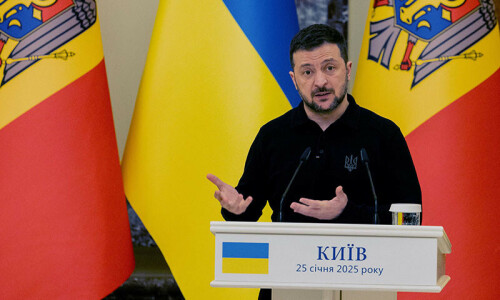
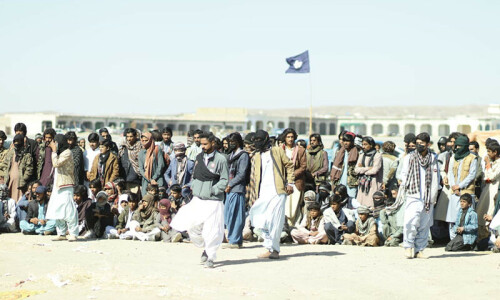





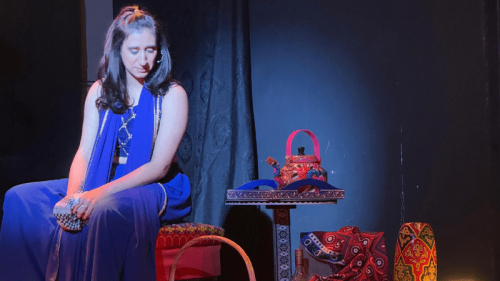
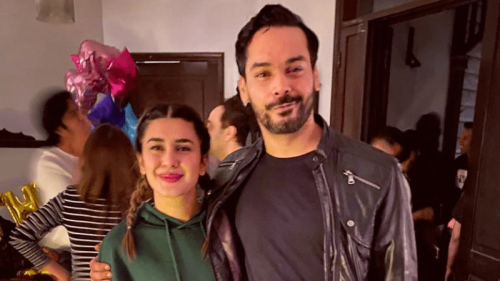
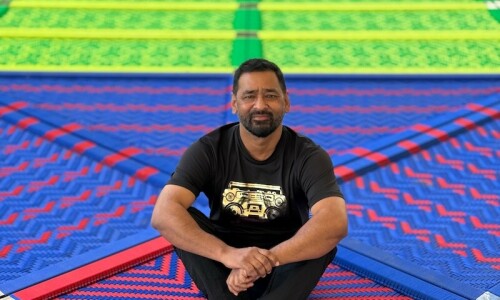



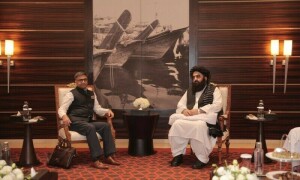


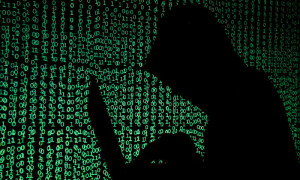




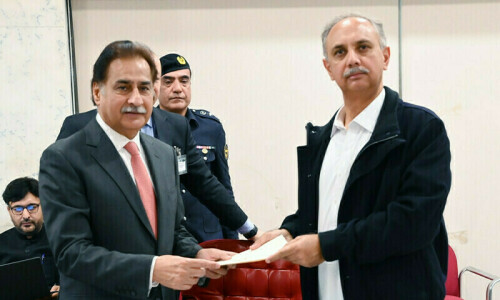
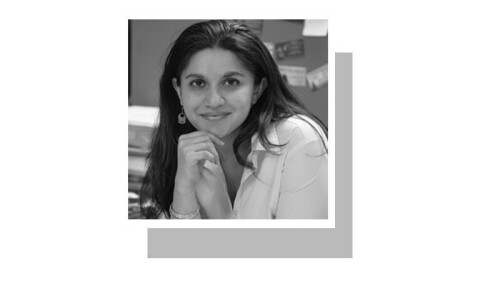
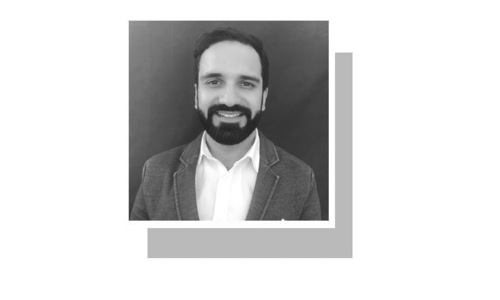

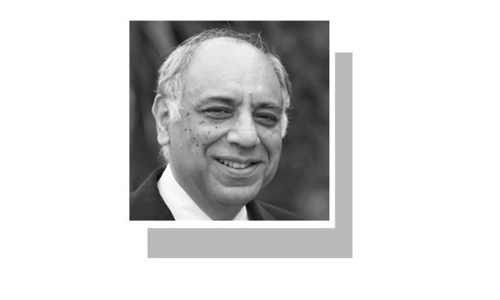
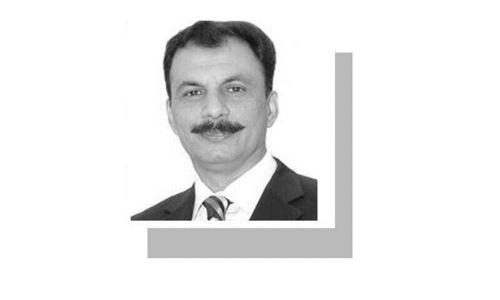








Dear visitor, the comments section is undergoing an overhaul and will return soon.